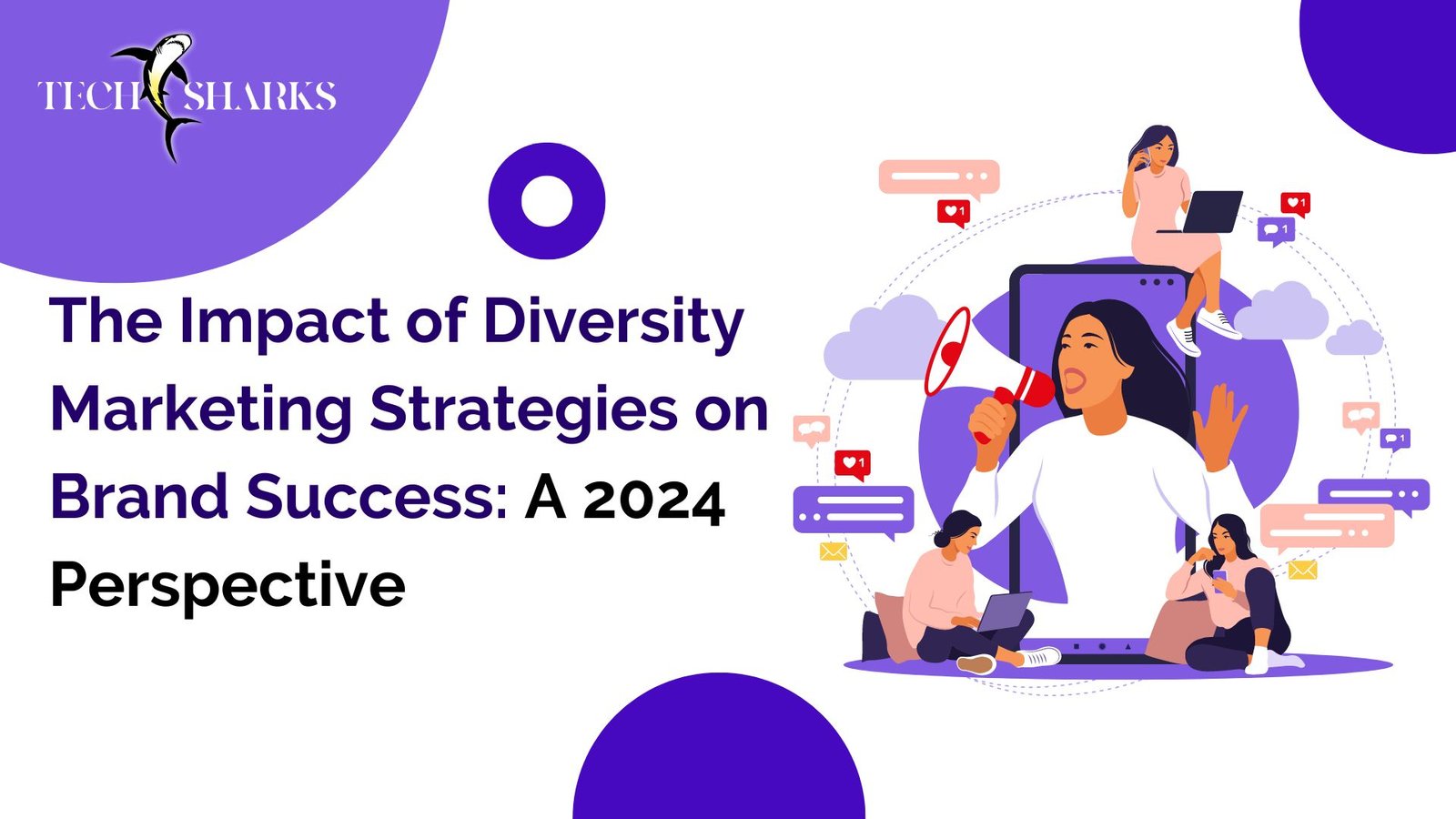Okay, let’s be honest.
You’ve probably spent hours tweaking keywords, obsessing over meta tags, and trying to crack Google’s latest SEO puzzle — only to still wonder:
“Why isn’t my content ranking?”
Well, here’s the hard truth:
In 2025, great SEO isn’t just about what you say. It’s about who’s saying it — and why anyone should trust you.
Welcome to the world of E-E-A-T SEO.
So, What Even Is E-E-A-T?
E-E-A-T stands for:
Experience
Expertise
Authoritativeness
Trustworthiness
Originally, it was just E-A-T, but Google added another “E” for Experience, and it changed the game — especially if you’re creating content in competitive or sensitive niches like health, finance, or legal advice.
To put it simply:
“Does this content feel real? Was it written by someone who actually knows what they’re talking about?”
That’s the kind of content Google wants in 2025.
Why Should You Care?
Because Google isn’t just ranking websites anymore.
It’s ranking people.
Yes, even if you’re a brand or business, your content needs to feel like it came from a real, honest human being — not a soulless keyword bot.
And if you get it right, here’s what happens:
More trust
Higher rankings
Loyal readers (not just one-time visitors)
Better conversions
The 4 Pillars of E-E-A-T SEO in 2025 (Broken Down Simply)
1. Experience — “I’ve actually done this”
Think of this as your personal proof.
Google wants content that reflects first-hand experience, not something stitched together from random sources.
So instead of:
“Here’s how to plan a Europe trip.”
Try:
“I planned my 2-week Europe trip solo — here’s what I learned (and what I’d never do again).”
Pro tip: Use photos, stories, or results that prove you’ve been there, done that. It shows readers and Google — that you’re speaking from experience.
2. Expertise — “I know what I’m talking about”
This doesn’t mean you need a degree in everything. But you do need to show you’re qualified to speak on the topic.
If you’re sharing investment tips, have you actually invested? If you’re explaining skincare, do you know what ingredients you’re recommending?
Pro tip: Mention credentials, link to bios, and let your knowledge shine through clear, helpful explanations.
3. Authoritativeness — “Other people trust me too”
This is all about reputation. Are other sites, experts, or communities pointing to you as a reliable source?
Google pays attention to:
Mentions on reputable websites
Backlinks from authority blogs
Social shares
Forum discussions about you
4. Trustworthiness — “You’re safe with me”
This is the non-negotiable.
In a world full of fake news and scams, trust is everything. Google needs to know you’re reliable — and so do your readers.
Here’s how to show it:
Secure website (HTTPS)
Honest disclaimers and transparent content
Clear author information
Verified facts and data sources
Respectful tone (no clickbait or false promises)
What E-E-A-T Content Actually Looks Like
Let’s say you’re writing this blog:
“Best Diet for PCOS: What Worked for Me”
Talk about your personal journey (Experience)
Mention advice you got from a certified doctor/nutritionist (Expertise)
Link to health sites or studies (Authoritativeness)
Add a clear disclaimer: “This is my story, not medical advice” (Trustworthiness)
See how that feels human, honest, and helpful? That’s E-E-A-T in action.
But Wait — Isn’t Technical SEO Still Important?
Totally. You still need:
Strong meta titles and descriptions
Headers and image tags
Fast-loading, mobile-friendly pages
But here’s the truth:
Technical SEO gets you found. E-E-A-T keeps you trusted.
In 2025, Google doesn’t just care what you write. It cares who it’s coming from — and whether it’s actually helping someone.
Final Thoughts: Keep It Real
Here’s the biggest shift you need to make:
Stop writing for Google.
Start writing for people.
Real people want content that feels:
Honest
Experienced
Thoughtful
Relatable
And when you give them that? Google rewards you anyway.
So no, you don’t need to “hack” SEO. You just need to show up as the expert you already are.
Because in 2025 and beyond, E-E-A-T isn’t an algorithm trick — it’s a trust-building habit.




